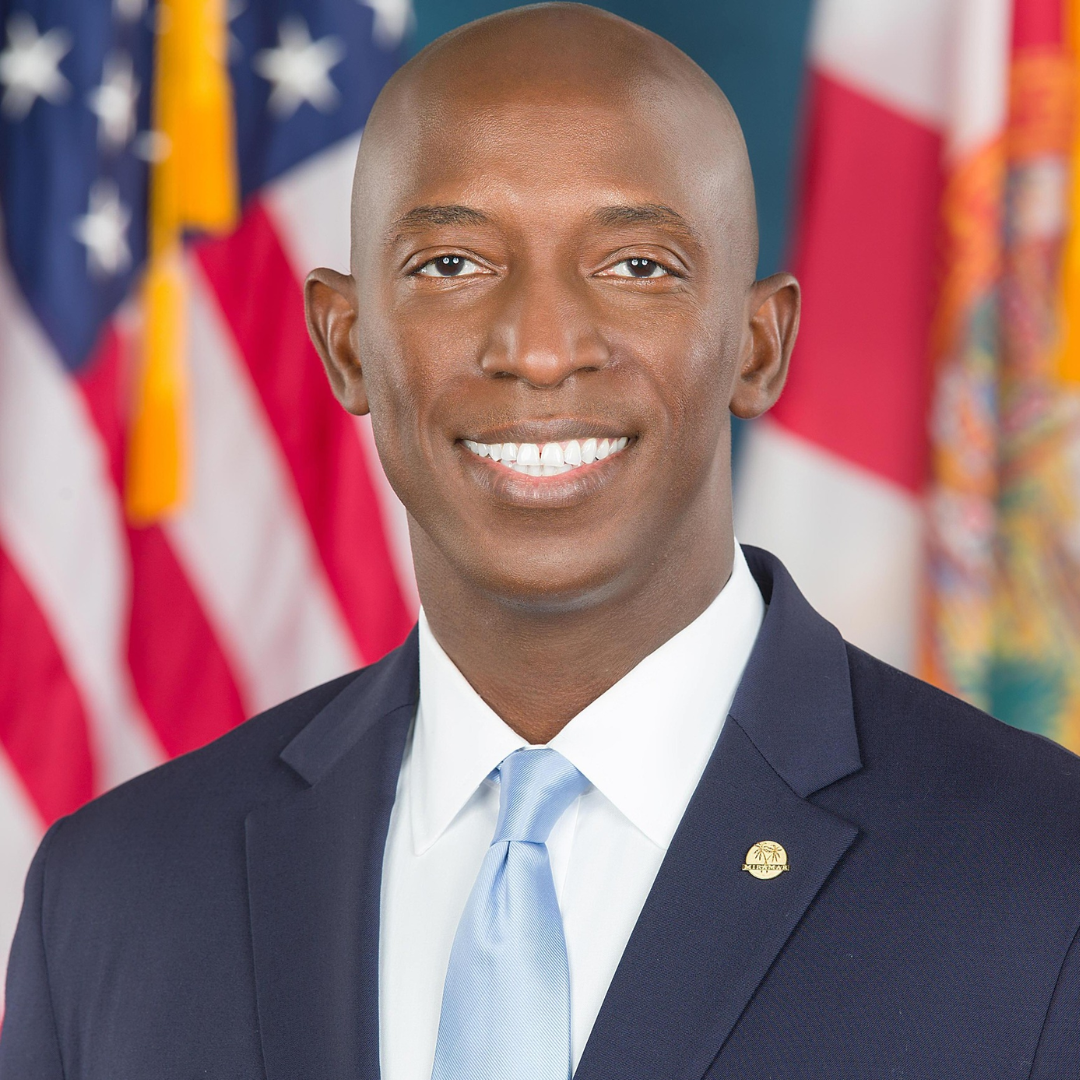The AICPA periodically issues (or updates previously issued) Technical Questions and Answers. Recent Q&As address reporting issues and noncompliance with laws and regulations. FASB ASC 105-05-05-3 includes Technical Q&As as nonauthoritative guidance.
Reporting
This Q&A, Auditor Reporting When the Entity Issues Its Annual Report Subsequent to Its Financial Statements, addresses a question related to AU-C 720, The Auditor’s Responsibilities Related to Other Information Included in Annual Reports. Specifically, it answers a question about the auditor’s subsequent reporting responsibilities when the auditor had not obtained all the other information appearing in an entity’s annual report at the date of the auditor’s report.
The Q&A states that the auditor doesn’t have any reporting requirements unless the auditor had obtained the other information at the date of the auditor’s report on the financial statements. The Q&A further notes that if an entity issues a document or documents that include the financial statements, the auditor’s report, and part of the information the annual report is expected to include, AU-C 720 doesn’t prohibit an other-matter paragraph in the auditor’s report that addresses the information.
The Q&A provides an example of the other-matter paragraph that the auditor might include in the auditor’s report.
| Practical Consideration: Nonprofit organizations often prepare annual reports for public release after the conclusion of the audit, so this Q&A can help auditors serving those entities. |
This Q&A, Auditor Reporting When the Entity Issues an Annual Report and Separate Stand-alone Financial Statements on the Same Date, answers a question on whether an auditor can issue separate reports when the entity issues stand-alone audited financial statements as well as an annual report containing the financial statements and the related auditor’s report on the same date.
The Q&A indicates that the auditor may issue separate reports. AU-C 720 requires the auditor to issue an auditor’s report that includes a section on “Other Information” on the financial statements that are contained in (or accompanied by or incorporated by reference in) the annual report of the entity, if the auditor has obtained all the other information at the date of the auditor’s report. In addition, nothing in AU-C 720 would prohibit the auditor from issuing a separate report on the stand-alone financial statements that don’t include the “Other Information” section.
This new Q&A, Reporting on Comparative Financial Information in a Document Containing Current-Year Financial Statements That Were Subjected to a Review or Compilation Engagement, tackles the question of how the standards require the auditor to report when comparative information is presented in a document that contains current-year financial statements that were compiled or reviewed.
The Q&A notes that because the comparative information is not in the form of a complete set of financial statements, the accountant would consider comparative information as supplementary information. AR-C 80A.34 and AR-C 90A.126 indicate that when supplementary information accompanies the financial statements, the accountant should indicate the degree of responsibility being undertaken with respect to the information in either (1) a separate paragraph in the accountant’s compilation report or an other-matter paragraph in the review report or (2) a separate report on the supplementary information.
The Q&A provides illustrative separate paragraphs in the accountant’s compilation report or other-matter paragraphs in the accountant’s review reports on the current-year financial statements under various scenarios pertaining to whether the accountant had subjected the comparative information to review procedures of prior-period financial statements or performed a compilation engagement with respect to the prior-period financial statements and comparative information.
Noncompliance with Laws and Regulations
Back in 2022 the AICPA’s Professional Ethics Executive Committee (PEEC) adopted two new interpretations—one directed to members in public practice and the other applicable to members in business—of the “Integrity and Objectivity Rule” (ET 1.100.001 and ET 2.100.001) of the AICPA Code of Professional Conduct. The two interpretations of the same name, “Responding to Noncompliance with Laws and Regulations” (ET 1.180.010 and ET 2.180.010) provide guidance on a member’s responsibilities when encountering noncompliance or suspected noncompliance with laws and regulations (NOCLAR) while providing a professional service to a client or employer. The interpretations were effective June 30, 2023.
| Practical Consideration: The effective date of SAS 147, Inquiries of the Predecessor Auditor Regarding Fraud and Noncompliance With Laws and Regulations, which applies to audits of financial statements for periods beginning on or after June 30, 2023, aligns with the effective date of these ethics interpretations. The October 2022 edition of The PPC Nonprofit Update addressed SAS 147. |
The AICPA issued 27 nonauthoritative Technical Questions and Answers (Q&A 90.01 to .27) to assist members in implementing the new interpretations. The following paragraphs highlight a few of those Q&As. The editors encourage readers to review all of the Q&As related to this topic.
Level of Guidance in the New Interpretations (Q&A 90.01).
This Q&A reminds members that the new interpretations contain requirements (designated by the word “should”), beyond general guidance, that a member must follow, which vary for members in public practice performing an audit or review of financial statements or providing another professional service, and for members in business.
Interaction with Other Laws ad Regulations (Q&A 90.02).
Even if a member has complied with the applicable legal or regulatory provisions in addressing an instance of NOCLAR, this Q&A states the member needs to comply with the interpretations since the interpretations might provide additional requirements outside of the applicable laws and regulations.
Acts of Noncompliance that Occur Before the Effective Date of the Interpretations (Q&A 90.04).
This Q&A states that an act of NOCLAR that was committed before the interpretations’ effective date of June 30, 2023, where the member became aware of it after that date, still requires a response by the member.
Responsibility for Detecting Noncompliance (Q&A 90.08).
The Q&A reminds members that the interpretations don’t require them to perform specific procedures to identify acts of NOCLAR when providing professional services. However, members performing audit or review services have certain requirements regarding possible illegal acts and must comply with any applicable professional standards in addition to the interpretation.
Noncompliance with No Direct Effect on the Amounts and Disclosures in Financial Statements (Q&A 90.11).
This Q&A asks if members have an expectation to be able to identify NOCLAR that doesn’t have a direct effect on the financial statements. In response, the Q&A indicates that to perform a client engagement or perform their role in an employing organization, members are expected to have a certain level of knowledge of laws and regulations. Members are expected to be able to recognize NOCLAR or suspected NOCLAR related to their subject matter expertise if applicable information comes to their attention.
Organization’s Response to Noncompliance (Q&A 90.13).
This Q&A notes that if management and those charged with governance are unwilling to address an identified or suspected NOCLAR, it would be grounds for a conclusion by the member that the response to the matter was inappropriate. The Interpretation requires members in public practice to determine whether further action is required. The interpretation provides factors to consider in making this decision.
Relationship of NOCLAR Guidance with Applicable Professional Standards (Q&A 90.19).
This Q&A emphasizes that the interpretation doesn’t modify or interpret any applicable professional standards for members in public practice. It notes that the application of the interpretation differs from that of professional standards due to the different objectives of the Code. Under professional standards, members focus on whether the consequences of identified or suspected NOCLAR have a material impact on the financial statements. While this also applies for purposes of the Code, the interpretation goes further in alerting members to focus on possible public interest implications that could substantially impact stakeholders in any way, financial or otherwise.
When Management Disagrees with the Assessment of Noncompliance (Q&A 90.21).
In a financial statement audit, this Q&A notes that if management disagrees with the member regarding information and the conclusion pertaining to suspected NOCLAR, the member might have a need to go further than interactions with those charged with governance. A member needs to be satisfied with management’s explanations regarding the matter; if they don’t, the member may need to talk to the member’s legal counsel, have consultations, or consider other applicable professional standards.
Responsibility to Address Noncompliance When Performing Professional Services Other than Audit or Review Services (Q&A 90.26).
In instances where a member provides a professional service other than an audit or review of financial statements, this Q&A indicates that the requirements in the interpretation to address identified or suspected NOCLAR are significantly less than those where the member is performing an audit or review of financial statements. The interpretation indicates that when providing professional services other than an audit or review of financial statements, the member is only required to “seek to obtain an understanding of the matter,” as contrasted to a requirement to “obtain an understanding” when a member performs an audit or review.















